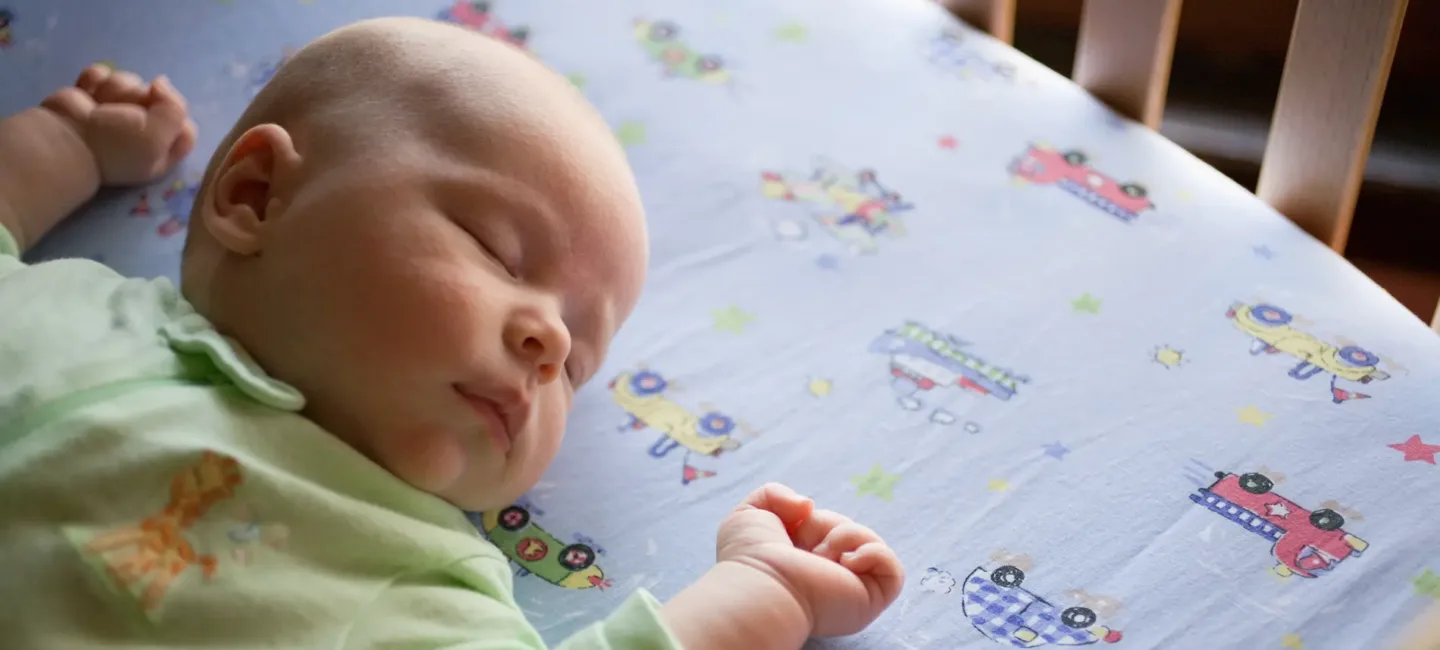
Taking a Bath After a Membrane Sweep: Precautions and Advice

| Baby’s age | Hours of sleep per 24h | Number of naps |
| 0-3 months | 16 to 20 h | 4 to 6 |
| 3-6 months | 14 to 17 h | 3 to 4 |
| 6-12 months | 13 to 15 h | 2 to 3 |
| 12-18 months | 12 to 14 h | 1 to 2 |
| 18 months – 3 years | 11 to 13 h | 1 |




** Photo credits: morrowlight | imagesourcecurated | Anna_Om | tan4ikk This text was translated from French by an artificial intelligence. The information, advice, and sources it contains comply with French standards and may therefore not apply to your situation. Make sure to complement this reading by visiting the May ES/UK app and consulting the healthcare professionals who are supporting you.
Some of the links below may no longer be active. In that case, please feel free to refer directly to the relevant websites.
These resources might interest you

Taking a Bath After a Membrane Sweep: Precautions and Advice


Coloring your hair while pregnant: what precautions should you take?